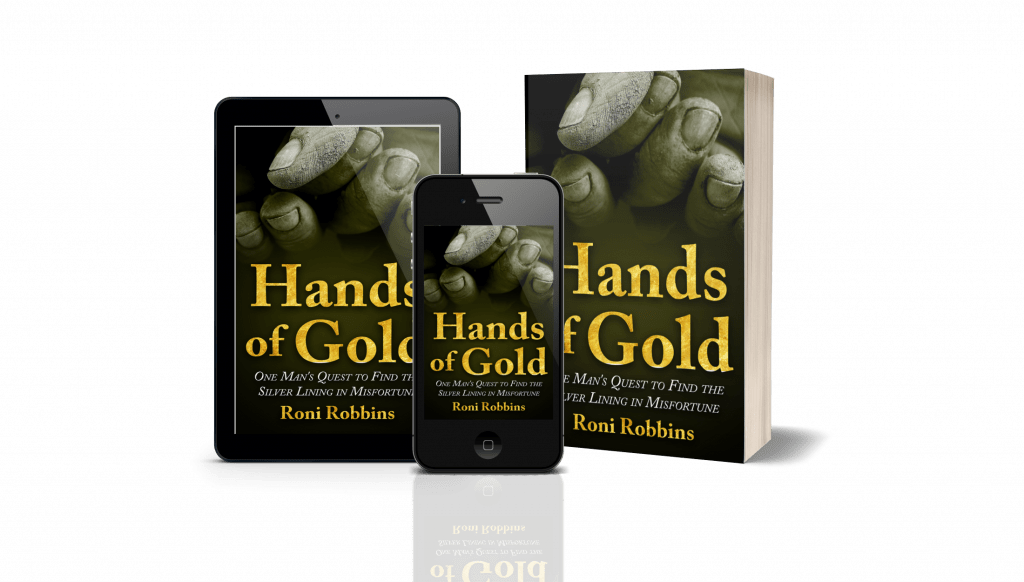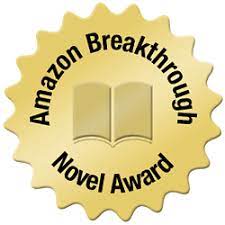
In 1995, three years after my grandfather departed and during my first stint at the Atlanta Jewish Times, I wrote a column about listening to his cassette tapes: “Giving Memories a Voice: My Grandfather Left a Piece of Himself Behind as a Legacy to his Progeny.”
Here is an excerpt from that article: “Surprisingly enough, the tapes are more comforting than sorrowful because they answer the questions I never thought to ask about my heritage in an uninhibited depth I could never even hope to capture, even if I interviewed my grandfather for hours. .. a legacy more meaningful than the typical family heirloom or obscure memories. He left a piece of himself that cannot be recreated for future generations through photographs or diaries.”
Hands of Gold took that sentiment a step further as I transcribed 450 minutes of tapes, duplicating the ones my grandfather created in his final years, and took liberties to move the stories in new, but related directions. With the twists and turns of the roads I traveled while listening to my grandfather’s words, his story took on its own life over the next few years and I let the words direct me as they pleased. I made connections in the text, found the symbols and metaphors I was seeking, and weaved his stories together like the garments he and my grandmother were known to sew.
Or how I described in the 1995 piece: “As I drive in my car around Atlanta, I literally listened to the words of my progenitor, instructing his descendants on the trials of human survival and the importance of family unity. Starting when he was 83, my grandfather embarked on a two-year effort to record his experiences, his retrospections, his beliefs.” I believe this novel more than fulfills my grandfather’s desires for “giving memories a voice.” And as I wrote in the conclusion of the AJT article: “The tapes make up for unsaid words and lost time. … I only wish more seniors took the time to impart such messages to those they will eventually leave behind.”
I also wrote a fake story in 1986 for my grandparents’ 60th anniversary that shows my interest in their history and hands, which I unwittingly incorporated many years later into the novel: “Her hands were not as young as they once were when she made shlishkas and veranikas for her five children in the 1940s, but they were still the same hands that crafted her granddaughter’s wedding dress … Those hands were the trademarks of a strong woman who cared for her family even when her husband was sick in the hospital and three young children needed food, clothes and schooling.”
Here are links to Roni’s more recent articles:
Articles by Roni Robbins’s Profile | WebMD Journalist | Muck Rack
The Atlanta Journal-Constitution: CLICK HERE
Medscape: CLICK HERE
Atlanta Jewish Times: CLICK HERE
Times of Israel blogs: CLICK HERE
ORDER TODAY
Awards & Accolades for Hands of Gold

2023 International Book Award: Winner in Historical Fiction

2022 American Fiction Awards: Winner in Historical Fiction

Amazon Breakthrough Award

2024 International Book Award: Winner in Historical Fiction

Readers’ Choice Book Award Finalist

Global Book Award